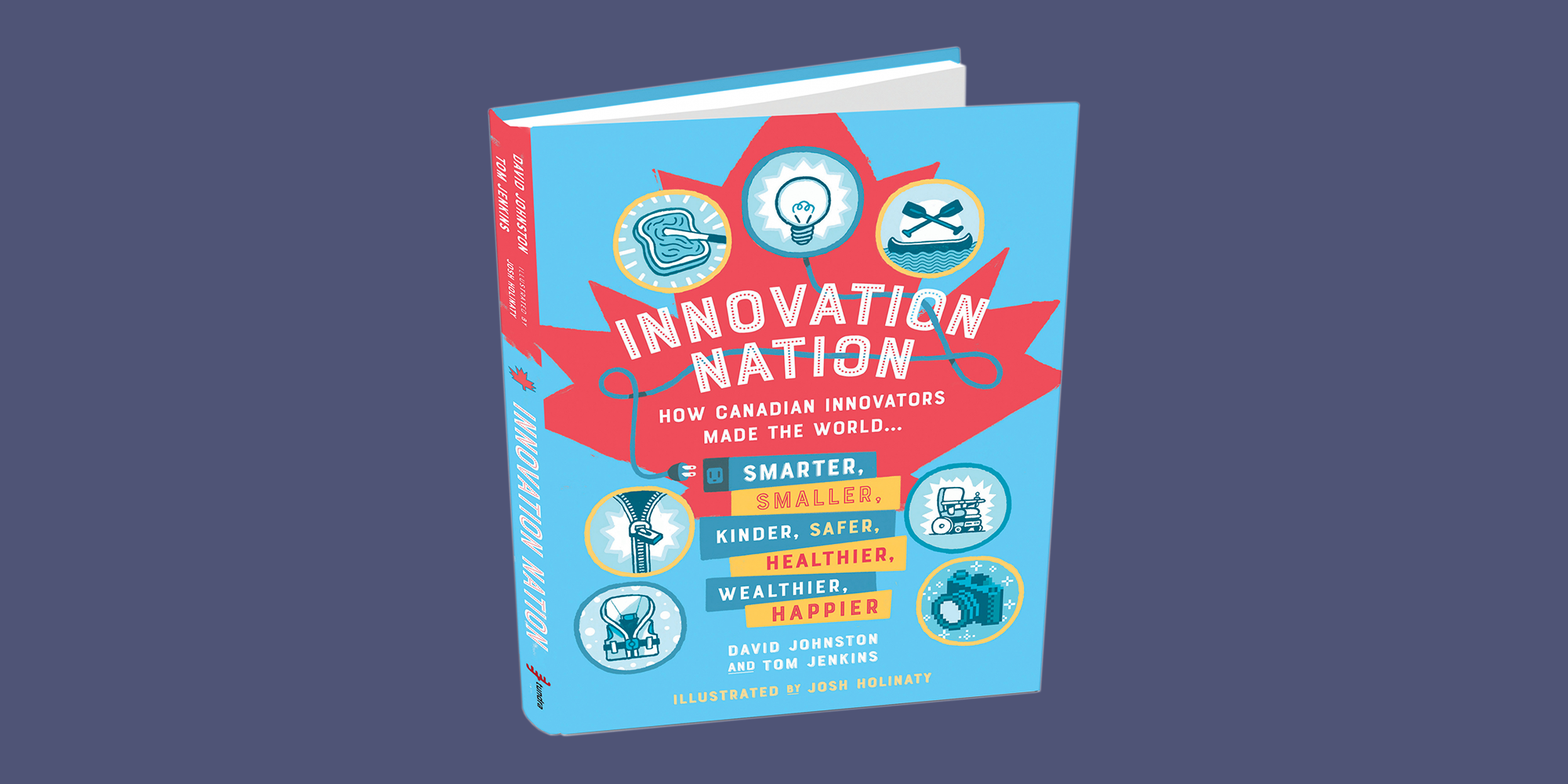
Trey Tamaki
-
While he was studying at the University of Washington, Trey Tamaki was diagnosed with cancer and had to take time off school for chemotherapy treatments and surgeries.
-
Tamaki meanwhile fell in love with computer science, but when he tried to declare it as a major, his advisor told him he most likely wouldn’t get into the program because of his GPA.
-
Tamaki persevered however and graduated this year. He recently started his first job as an associate technical product manager at Starbucks.
-
Tamaki’s journey is an inspiring story of using grit and determination to achieve goals.
Three weeks into his freshman year at the University of Washington, Trey Tamaki received news that would change his life.
Doctors diagnosed Tamaki with stage 2 testicular cancer, kicking off a treatment program that sent him through a hellish bout of chemotherapy and surgeries during college, forcing him to take periodic leaves of absence from school to recover.
Meanwhile, while Tamaki was able to attend classes, he quickly fell in love with computer science and hoped to declare it as his major in his junior year. On during his junior year, an advisor dealt him an intellectual blow, telling him to choose another field, because his grades likely wouldn’t be good enough.
“Everyone told me it was going to be a nightmare,” Tamaki told Business Insider. “I heard from a lot of people, ‘It’s so competitive to get into CS. It would be really hard to get in.'”
But instead of giving up, Tamaki decided to double-down. Remembering what made him fall in love with computer science to begin with — “the idea of creating something new” — bolstered him to find another advisor and persevere through the program. This year, he graduated from the University of Washington with a computer science degree and is now proudly working as an associate technical product manager for the API and commerce platform team at Starbucks.
Here’s the story of how his tenacity and grit helped him achieve his dreams:
Tamaki had to balance coursework and treatment during his time at the University of Washington
When Tamaki first came to the University of Washington, he had no idea what he wanted to do once he graduated. He also had no programming experience to speak of. Before he had time to start sorting through those questions, he received his diagnosis.
Tamaki had three chemotherapy treatments during his freshman year that consisted of one week in the hospital and two weeks out of the hospital — he had to drop out during his first quarter because he was missing too much school. Those were “three pretty bad months,” he said.
By the end of the quarter, he started limping because of the chemotherapy’s side effects.
When he returned to school in the second quarter, he took his first computer science course and it was a revelation: He knew that he wanted to pursue a career in CS.
Still, the stress wasn’t over. Tamaki had to get both of his hips replaced during his sophomore year, so he had to drop out for two quarters to get those surgeries done.

Trey Tamaki
Throughout this time, Tamaki often carried reduced course loads or took time off for health reasons, which also gave him fewer opportunities to join extracurricular activities or study groups. He experienced “chemo brain,” where he felt “very foggy” and struggled with everyday tasks. Through it all, he continued to take computer science courses, but by his junior, he was still behind on some courses, like math.
It was at that point that his advisor told him that he couldn’t declare the major because his GPA wasn’t high enough, and gave him a list of other majors that he could choose instead.
The conversation made him cry.
“I was a junior thinking, ‘I worked so hard to get here,'” Tamaki said.
The base of the advisor’s advice was sound: Tamaki really did have a minimal chance of being accepted into the program because of his grades. But the way that the advisor presented it — not as a stretch goal to shoot for anyway, but as a lost cause — is what irked Tamaki.
“Anyone can frame it in a positive way or negative way,” he said. “It lacked so much empathy.”
Fortunately, Tamaki tapped another advisor who told him to write about his experiences in a personal statement and explain to the school why he deserved a spot in the computer science program despite his grades. Sure enough, he landed a spot in the program and graduated successfully.
Tamaki says that he especially liked his classes on human-computer interaction, which studies how people use technology, as well as a class focused on accessibility.
That one hit close to home in part because he had personal experience with disability.
“There are ableist parts of society where we don’t consider a lot of people with disabilities when we code,” Tamaki said. “The normal person who codes is not thinking about how someone blind or with a physical disability interacts with a website. That was th
e one thing I found.”

Starbucks
Tamaki now works on Starbucks’ tech team and hopes to do more work in accessibility
During his junior and senior year, Tamaki interned at Starbucks in Seattle, where he was able to work on accessibility-related projects in the real world. For example, he worked with a product manager who focused on accessibility to test whether people with disabilities could fully access Starbucks’ website, and make changes accordingly.
After Tamaki’s graduation, the firm offered him a job. Starbuck’s focus on accessibility made working for the company so appealing, Tamaki says. For example, in June, Starbucks opened its first signing store in Japan, where staff use sign language to communicate with customers.

Trey Tamaki
This year, Tamaki also hit his four-year cancer remission date. There are still a few issues that he deals with: Chemotherapy impacted his lungs and mental health, and he’s also immunocompromised. During the coronavirus pandemic, he’s trying to be as careful as possible.
“Something I’ve learned a lot is, remission isn’t cured by any means,” he said. “There’s so many things I have to figure out.”
Now that he’s kicked off post-grad life at Starbucks, Tamaki also hopes to possibly get a master’s degree in human computer interaction in the future, while maintaining a focus on accessibility.
“If it can help some sort of people navigate their life easier, I will find a lot of joy in that,” Tamaki said. “It could be just a small issue in terms of accessibility. It’s pretty life changing. If it makes getting coffee easier for one person in terms of making them feel normal, it’s a very gratifying situation for me.”
Read the original article on Business Insider






